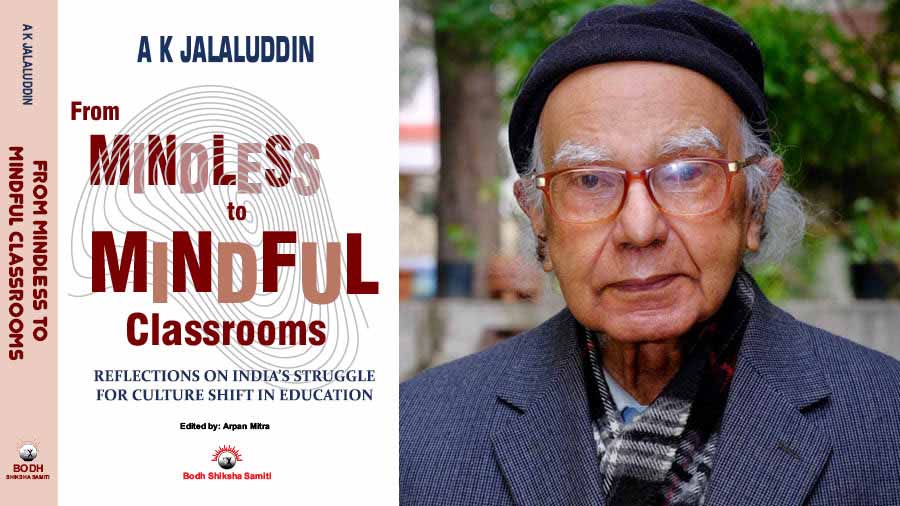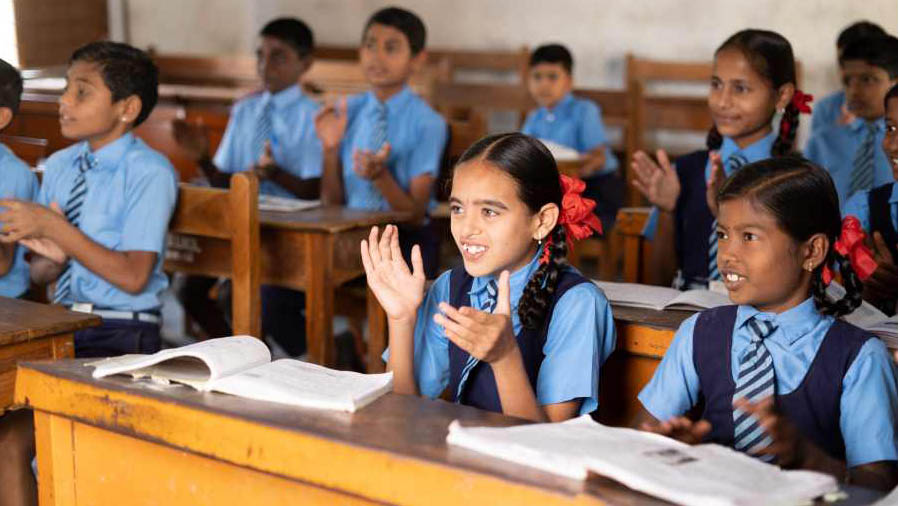“…Ironically, it is the poorest who benefits the least from the existing public primary education and primary health care services.
Participatory analyses of the status of children in disadvantaged communities very often lead to the unfolding of severe limitations in the access of these communities to their need-based social and human development opportunities. This also brings to focus the psychology of total dependency of these communities on external support for improving their access to and the quality of these services and, also for enhancing their capacity to sustain such improvement.
However, experiences of the problems of failure of most community development programmes to improve the condition of the above mentioned communities in the past indicate how the providing agencies can become hindrance rather than help in promoting community ownership of such programmes and consequently their sustainability. Participatory researches in social development have shown that the process of sustainability of community development programmes is intimately linked with the process of empowering the local communities.
It is also evident that, the process of implementation of social and human development programmes is as important as their content. It is only when the local communities are involved as a responsible party for the planning and management of a development programme from the very beginning and are facilitated to discover their predicament and the means to overcome them through a process of 'learning by doing', [that] they are actually empowered. This process of societal learning leading to empowerment has a strong parallelism with the process of improving the learning of the disadvantaged and the under-achievers in the classroom under the present dispensation of formal education.
Recent advances in cognitive psychology and brain research strongly support the proposition that the so-called under-achievers, most of who belong to the disadvantaged sections of society, have the same potential for learning as others. Such potential has a greater opportunity of unfolding when their self-esteem and level of aspiration are raised and, a part of the responsibility of their own learning is entrusted to them. Such child-focused participatory task-oriented classroom practices and community-based participatory capacity building social education and organization development are mutually supportive.”







